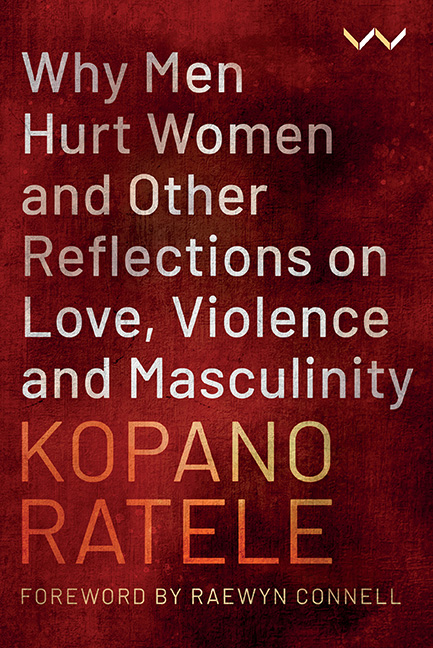18 - ‘Brothers, check yourselves!’
Published online by Cambridge University Press: 24 November 2023
Summary
It was a Sunday night in March 2015 at Azania House, University of Cape Town. A young woman told the house of how some nights previously, in the middle of the night outside the building, a male student had hollered at her and said, to use her words, maybe her vagina should be occupied. The woman was part of the group of #RhodesMustFall students – the Fallists – who had occupied the building, which normally houses the office of the university’s vice-chancellor and top managers. The occupation and renaming of Azania House was intended to pressurise the university into bringing down the statue of the arch-colonial figure Cecil John Rhodes, which at the time had pride of place on the university’s upper campus.
The woman spoke of how she was threatened with rape. She said she wasn’t the only one who had experienced threats of sexual violence and bullying.
‘Black brothers,’ the woman then said, ‘check yourselves.’
That was the moment, fastened to four words.
Due to the intricacy of intimacy and confrontation they convey, these words are memorable.
The young woman said she could not sleep another night at Azania House. She felt unsafe in the very space meant for students who dared to stand up against and to bring down colonial symbolic power and make the university a home for all.
She left.
It is not my intention to offer an extended reflection on the 2015 # RhodesMustFall uprising, although the events of that night bring into sharp focus for me some men’s ideas about and relations to women and their bodies, about struggle, about freedom, about power. I have several times visited it in my mind, in academic discussions, in private ones, and in writing this specific moment in which a woman speaks of fear of harassment and violence, and wishes to leave the joint struggle to decolonise universities. For me it is a moment that sparks thinking about how we might work with men and boys toward a pro-feminist consciousness and practice. By pro-feminist consciousness and practice, I mean a sociopolitical awareness in men and boys that supports women’s feminist struggles, and the behaviours that go with such awareness.
- Type
- Chapter
- Information
- Publisher: Wits University PressPrint publication year: 2022



